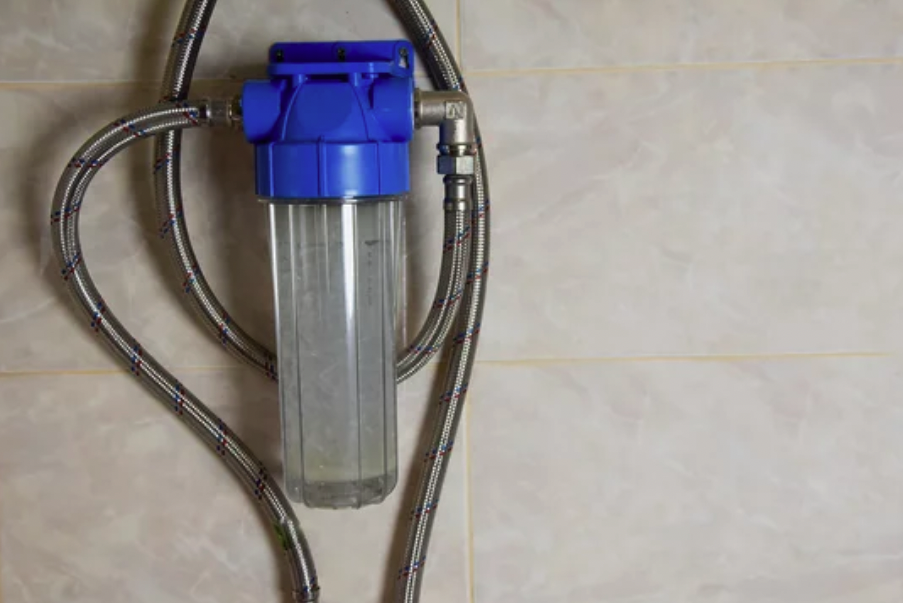Some water is “hard water.” Hard water has a high mineral content, which includes great concentrations of calcium and magnesium ions. While hard water is not generally hazardous or harmful to a person’s health, it can cause problems in industrial settings and may create difficulties for things like boilers. Hard water can also cause build up in pipes.
Hard water is treated commonly by water softeners. Water softeners use sodium to replace the calcium and magnesium in the water. Water softeners may also remove a bit of iron or magnesium.
Why Do You Need a Water Softener?
Water softeners are not a necessity for all households, mainly because not all geographic areas have hard water. For people that do live in an area known for hard water, a water softener is probably a very wise investment. Hard water isn’t dangerous to people usually, but it can cause other damage and expenses. One effect of hard water is that soaps and detergents are less effective. Soaps do not dissolve completely, and the detergents combine with minerals and often create soap curds. More soap is needed for tasks since less is actually dissolved, while the thick soap curd remains and makes it harder to clean items, including your skin. People who shower in hard water often say that their skin feels like it has a residue, and they report dull, lifeless hair after washing.
Hard water can also impede clothes washing. The insoluble soap curd can disrupt the efficiency of your washing machine. The detergents do not dissolve properly and dirt and soils stay trapped in the clothing fibers. With time, clothes washed in hard water start to feel stiffer and rougher. This also applies to other things washed, leaving spots behind on glasses, dishware, and even your automobile.
Hard water can also affect your plumbing system. The mineral deposits in hard water can build up in your plumbing. Eventually the flow will be reduced and the water pressure will be diminished to appliances and faucets. Calcium and magnesium can also impact your water heater as they create a scale on the inside of the system that will cause it to operate less efficiently and may diminish the longevity of the water heater.
What is a Water Softener?
Water softeners are appliances that are installed into your water supply system, usually by a professional. They work by substituting the minerals that make the water hard for sodium through a process called ion exchange that works through substituting ions to move the hard water into the softener’s system and replaces it with ions from a sodium-rich solution from a part of the softener known as the brine tank.
Some softeners have an automatic regenerating system. These usually have an electric timer that will recharge and flush the system during a regular schedule. Another type of water softener employs a computer to monitor water usage, triggering a regeneration stage at the appropriate point. There is also a third type of water softener that employs a mechanical method to measure water usage and start recharging when necessary.
Conclusion
Water softeners are not for everyone, as everyone does not have hard water. A large percentage of the population has hard water however this most likely means that a water softener would be ideal for their home. Water softeners are a great investment; not only will you feel cleaner using softened water, but everything you wash with that water will seem cleaner as well. Water softeners can also help your plumbing system stay in good repair. All in all, a water softener can be an integral part of your plumbing system, helping you and your possessions stay clean and free of spots and residue.





